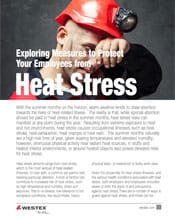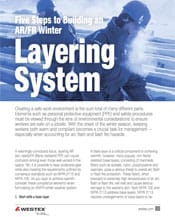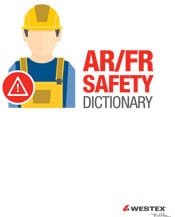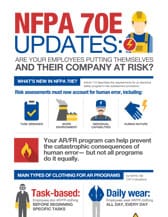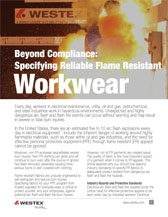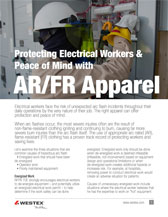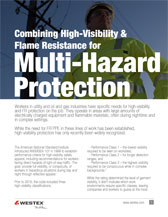Electrical Contractor
A NFPA 70E Contractor’s job requires them to be compliant with NFPA 70E — the Standard for Electrical Safety in the Workplace. Training on electrical safety hazards and maintenance of equipment is important to further ensure safe working environments. Learn more about NFPA 70E contractors and why safety matters.
Already have an account?
Unlock blank
Exploring Measures to Protect Your Employees from Heat Stress
With the summer months on the horizon, warm weather tends to draw attention towards the risks of heat-related illness. The reality is that, while special attention should be paid to …
Five Steps to Building an AR/FR Winter Layering System
Creating a safe work environment is the sum total of many different parts. Elements such as personal protective equipment (PPE) and safety procedures must be viewed through the lens of …
Six Reasons to Invest in Daily AR/FR Apparel
Arc flashes are a potentially life-threatening hazard for those who work in the electrical industry. These electrical explosions or discharges can reach upwards of 35,000 degrees in temperature, and while …
Beyond Task Based PPE: How Incorporating Daily Wear PPE Can Elevate Your Arc Flash Safety Program
In the wake of updates to NFPA 70E, consensus standards consensus standards continue to reinforce the importance of protecting your workforce through a systematic approach to risk assessment.
Beyond Compliance: Specifying Reliable Flame Resistant Workwear
Every day, workers in electrical maintenance, utility, oil and gas, petrochemical, and steel industries work in hazardous environments. Unexpected and highly dangerous arc flash and flash fire events can occur …
Protecting Electric Workers & Peace of Mind with AR/FR Apparel
Electrical workers face the risk of unexpected arc flash incidents throughout their daily operations by the very nature of their job. The right apparel can offer protection and peace of …
Combining High Visibility & Flame Resistance for Multi-Hazard Protection
Workers in the utility and oil and gas industries have specific needs for high-visibility and FR protection on the job. They operate in areas with large amounts of electrically charged …
Load More



